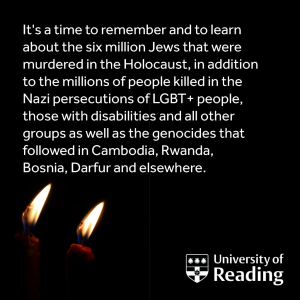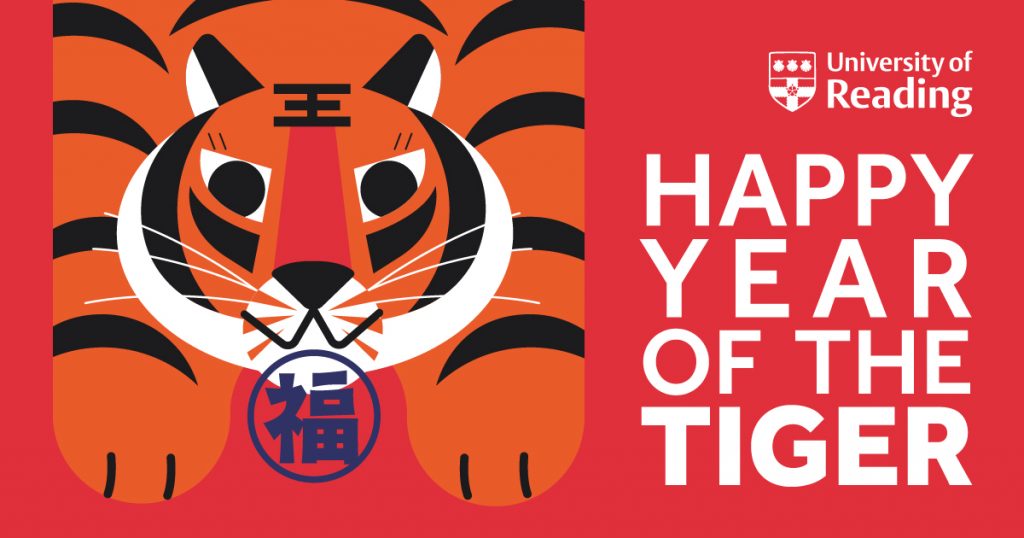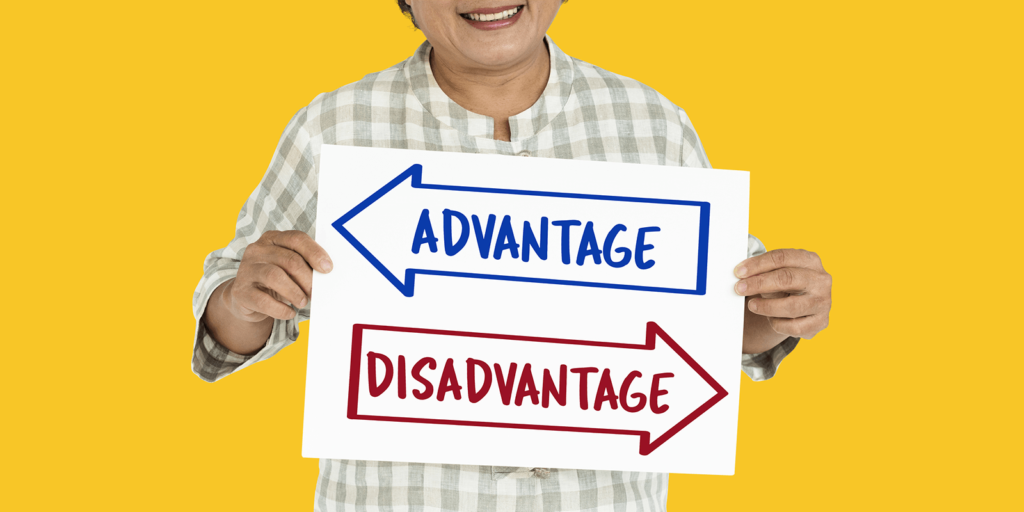
Holocaust Memorial Day in an international day that is marked to remember those who were murdered for who they were.
By ‘visiting’ Yad Vashem, the World Holocaust Remembrance Center digitally, you can explore digital collections including ‘The Online Photo Archive – Visual testimony of Jewish life before, during and after the Holocaust.’, ‘The Righteous Database’, featuring rescue stories, photos, and information.
The founders of Holocaust Memorial Day UK have provided a variety of different resources designed to enable you to mark Holocaust Memorial Day together, from home. Some ideas they suggest include:
Cook together – “Food is a great way to learn about other cultures and share a new experience, even while apart. Use these resources to organise your own online cook-along event.”
Inspire together – “Make a moving film from your home by each reading lines from a poem about the Holocaust or genocide. Alternatively, your group could put pen to paper and write your own poem, which you could then film.”
Gal Jackson, a current 2nd year Biomedical Engineering undergraduate student at UoR andnd the Secretary of the student Jewish Society, has translated a small section from her grandmother’s testimonial for us to mark Holocaust Memorial Day this year.
“I was born in Tomaszów Lubelski, Poland. When the war started, we were three kids: my sister Leah was the eldest, my brother Arieh, and me. I remember the bombing, it was midday, around noon. Mom was just about to leave to bring dad his lunch to the store; my family had a small grocery store on the main street. My sister Leah, who was already mature, started crying and didn’t let my mother leave. While my mother was deciding whether to go, dad already closed the store and came back home because there was a massive bombing on Tomaszów Lubelski, it seemed they bombed the Jewish neighbourhood. People ran to the fields for cover, I know because our house was on the outskirts of town. And since then, I think life never returned to how it was before.”
– Sarah Jackson




These images have been created by student representatives from the student Jewish Society, alongside our UoR social media team to be shared today.
Reading Council is hosting an in-person event which will also be livestreamed:
Holocaust Memorial Day
An evening of reflection to commemorate victims of the Holocaust will be held on Wednesday 26 January. The free event will be a mix of live and online elements, including speakers, choral performances, and candle lighting.
The event will begin at 7:30pm in the Council chamber, and will also be live-streamed on the Reading Council Facebook page. 30 free audience places are available, booked in advance and first-come, first-served. No walk-ins on the night will be accepted. For further information and to register for a place at the event please contact events@reading.gov.uk.
The UK Ceremony for Holocaust Memorial Day 2022 will be streamed online on Thursday 27 January at 7pm:
The Ceremony will run from 7–8pm. Register here to watch the Ceremony online.
At 8pm, get ready to Light the Darkness with us. Households across the UK will be lighting candles and safely putting them in their windows to:
- remember those who were murdered for who they were
- stand against prejudice and hatred today
Light a candle and put it in your window at 8pm on 27 January 2022 (if you are able to do so safely).Use hashtags #HolocaustMemorialDay #LightTheDarkness


























